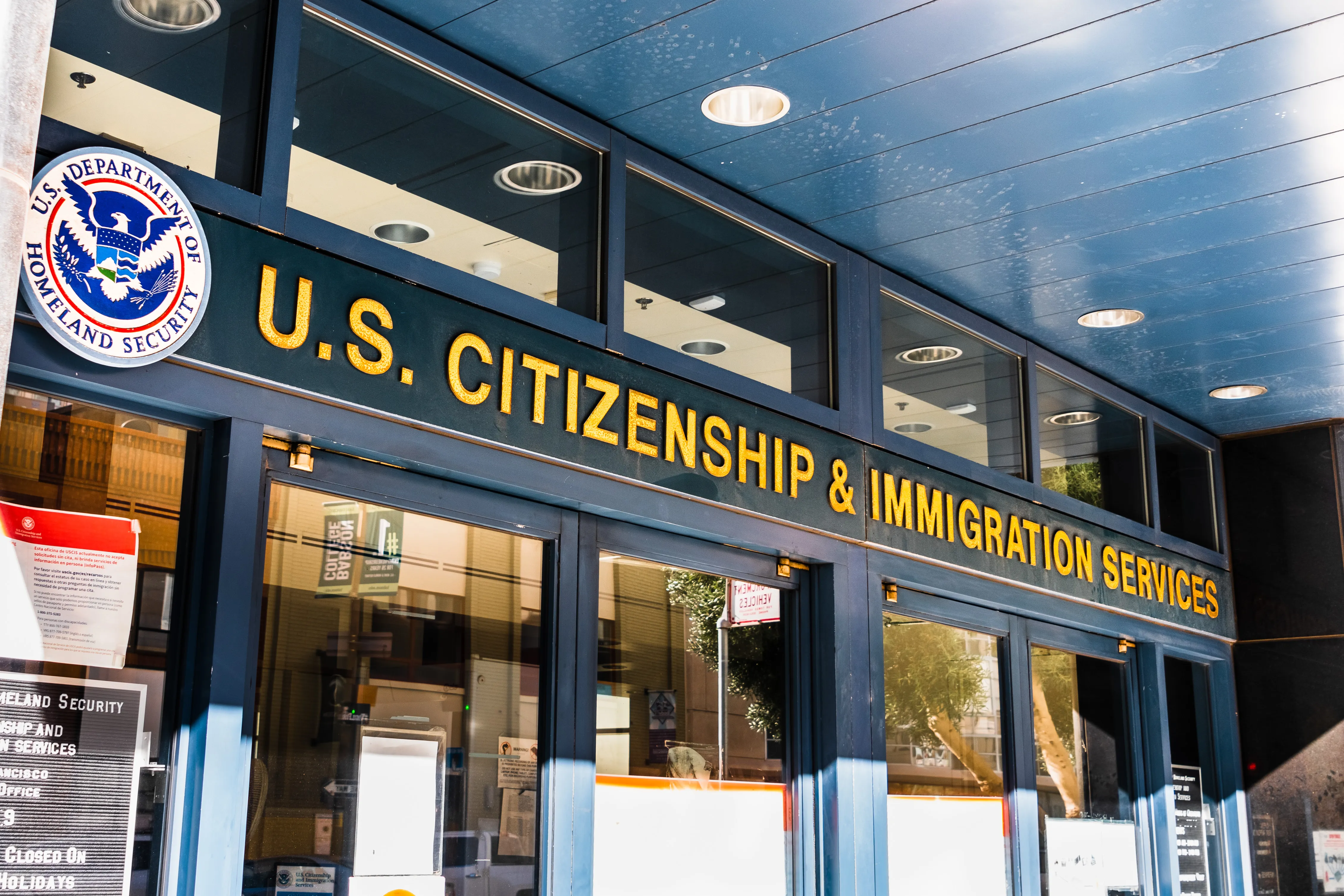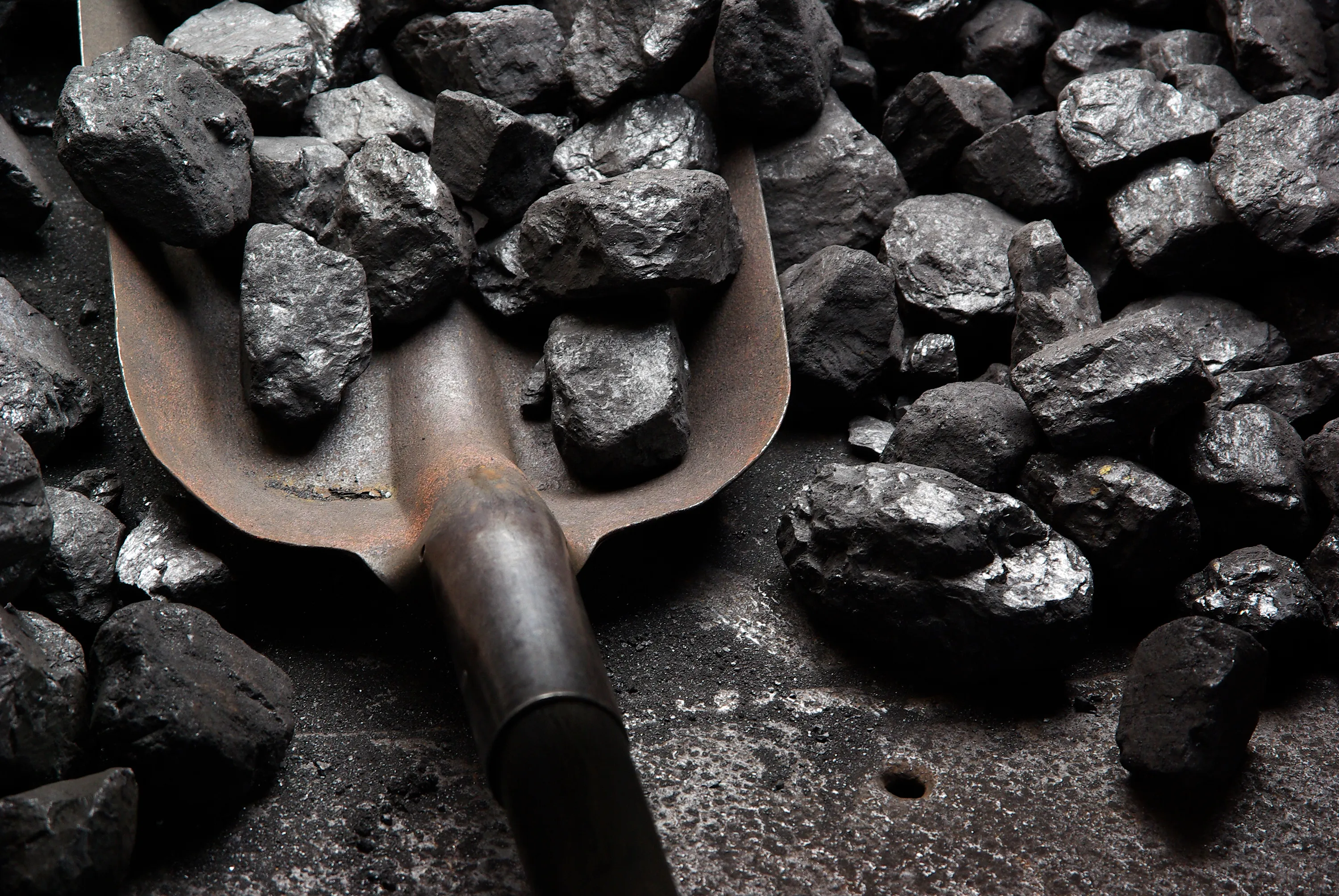
Daily Audio Newscast - August 19, 2024
News from around the nation.
Pro-Palestinian groups voice concerns about DNC protest plans; Harris and Waltz stop in PA on a bus tour to the DNC; Trump calls undocumented immigrants "savage monsters." New Hampshire voters ready for a woman president, but stereotypes remain; Reflections on 60 years of Economic Opportunity Act in North Carolina.
Transcript
(upbeat music)
The Public News Service daily newscast, August the 19th, 2024.
I'm Mike Clifford.
(upbeat music)
This week, protesters could outnumber the delegates at the Democratic National Convention starting today in Chicago.
The demonstrators will include tens of thousands of advocates and opponents of US support of Israel and the Hamas war in Gaza.
One group, Jewish Voice for Peace, teams with black and Palestinian organizers and supports peaceful protests.
The group's media strategist, Ariel Rebecca, explains the long time concern that they believe is now fueling the Hamas conflict.
And we also have seen that political leaders across the political spectrum have continued to prioritize their financial and political interests in the Middle East over Palestinian lives.
This is not specific to any political leader.
This is pretty much across the political establishment and this has been true for nearly a century.
Rebecca says the group is aware that the political establishment has animosity toward demonstrators, but they point out that protesters are exercising their rights as citizens.
I'm Terry Dee reporting.
Vice President Kamala Harris and her running mate, Governor Tim Walz of Minnesota rallied voters during a bus tour in Pennsylvania, a critical swing state, which could decide the November election.
That from the New York Times.
They report Harris and Walz, along with their spouses, greeted supporters in Pittsburgh before a stop in Rochester, where Ms. Harris thanked volunteers for their efforts.
Campaigns on both sides of the aisle are focusing intently on Pennsylvania.
Former President Donald Trump, who won the state by a slim margin in 2016, but lost it to Biden in 2020, visited Wilkes-Barre on Saturday, attacking Democratic policies as fascist and calling illegal immigrants "savage monsters."
Meantime, Vice President Kamala Harris has reignited enthusiasm among voters in this election season, but polls show not everyone is ready for a woman president.
More than 50 percent of respondents to a recent YouGov poll believe a woman can serve as commander-in-chief.
That's down from more than 60 percent in 2015.
Still, University of New Hampshire Professor Emerita Ellen Fitzpatrick says Harris is boosted by voters' concerns about the state of democracy and a younger generation looking for change.
And in that context, the gender question seems to be not very salient to me.
Fitzpatrick says women often have to work harder than men to prove they're qualified for a job.
More than 30 percent of Democrats surveyed said Harris needed a man as her running mate.
Fitzpatrick notes Harris's campaign would not be possible without the women trailblazers who came before her, including former Secretary of State Hillary Clinton.
I'm Catherine Carley reporting.
A Pew Research Center poll finds only one in four U.S. adults believe it's extremely or very likely that the U.S. will elect a woman president in their lifetime.
This is Public News Service.
Tomorrow marks 60 years since the Economic Opportunity Act became law in North Carolina.
It's a moment to reflect and look forward.
This federal legislation, which was a part of the war on poverty in the 1960s, helped launch a national network of community action agencies and programs like Head Start and community health centers.
Denise Harlow with the National Community Action Partnership says today they're still tackling the tough underlying issues and laws and policies that keep people in poverty.
We do see that structural race, gender, and other inequities remain barriers in this country.
And every day, community action agencies, no matter where they're located, urban, suburban, rural, and frontier, are fighting against some of those structural barriers, the systemic issues.
Harlow thinks to make a bigger impact, funding needs to be more flexible and could include direct cash assistance to families.
She also notes the way funding is divided, the strict eligibility rules and data systems can sometimes create barriers for those who need help.
Shantia Hudson reporting.
And beluga whales, known as the canaries of the sea for their melodious songs, but conservation groups are concerned.
One pod in Alaska could be rendered silent.
Belugas have lived in the Cook Inlet near Anchorage for centuries, but because of a deteriorating environment, they're now on the federal endangered species list.
Reagan Davey with the group Defenders of Wildlife in Alaska says the population of the extremely social and vocal Cook Inlet belugas have alarmingly decreased by about 80 percent since the 1970s.
They stay in Cook Inlet all year round and they live under the ice for parts of it.
There's so many different threats that are affecting them.
The three main ones are noise pollution, water pollution, and prey availability.
Davey says the beluga whale territory in the Cook Inlet is right outside one of the most developed areas of the state.
Mark Richardson reporting.
The beluga monitoring project is online at akbmp.org.
Finally, from our Eric Tegedorf, a new report finds pollution violations at wastewater treatment plants have been a problem in more than half of Idaho's communities.
The Idaho Conservation League's annual study of the state's sewage treatment plants says 58 percent violated Clean Water Act standards during 2023, Will Tiedemann with the Idaho Conservation League says his organization didn't find much change between 2022 and 2023.
It was kind of the status quo has continued from last year.
There are still a significant number of facilities across Idaho who violate.
And of that, it's usually 10, 11, 12 facilities who make a blind share of that.
Tiedemann says his organization continues to study not just violations, but loads over limits or the severity of the violation.
This is Mike Clifford.
Thank you for starting your week with Public News Service.
Member and listener supported.
Hear us on radio stations, big and small, your favorite podcast platform and find our content and trust indicators at publicnewsservice.org.
















